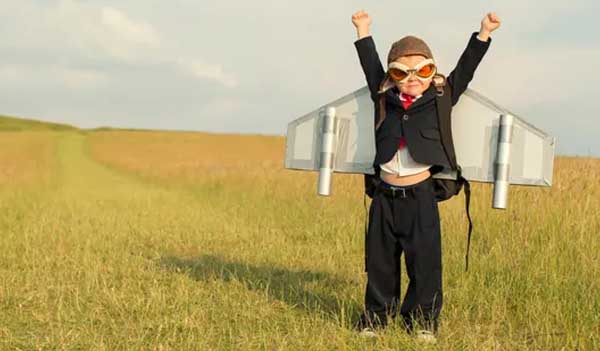Savings guides

Learn more about looking after your finances. Find out how common savings accounts work, how to plan for the future and tips on saving money.
The content on this page is for reference. It is not financial advice. For help with money issues, try MoneyHelper.







































